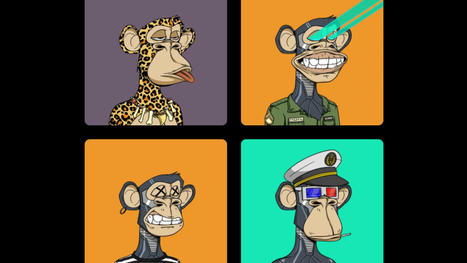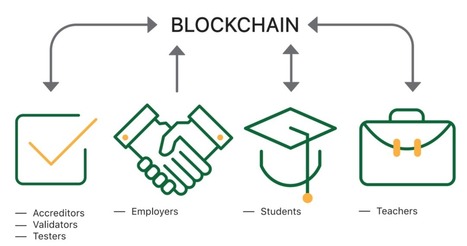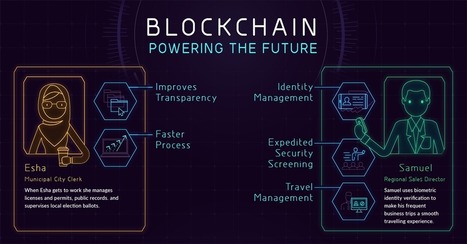Take a moment and think of everything wrong with the online world, from data breaches to violations of privacy to the overweening power of big tech.
Then imagine them disappearing. Gone. Just like that.
Sounds appealing? Well, you've just heard the first line of a sales pitch-cum-revolutionary manifesto that's gaining traction in San Francisco and Washington DC. It goes by the name of web3.
The gist is familiar from revolutionary statements throughout history. Wrest power from the establishment, return it to the people, make everyone happier and richer along the way.
The tools we're told can achieve this are as modern as it gets. The heart of the plan is to rebuild the foundations of the web using the blockchain technology that underpins cryptocurrencies such as Bitcoin.
According to Web3's backers, it is possible to take anything - or, indeed, everything - that is online and put it on the blockchain, the energy-intensive ledger which enables data to be stored collectively without the need for a central record-keeper.
Learn more / En savoir plus / Mehr erfahren:
https://www.scoop.it/topic/21st-century-innovative-technologies-and-developments/?&tag=NFT
https://www.scoop.it/t/21st-century-learning-and-teaching/?&tag=blockchain
https://www.scoop.it/t/21st-century-innovative-technologies-and-developments/?&tag=Blockchain
https://www.scoop.it/topic/securite-pc-et-internet/?&tag=Blockchain
Via Gust MEES, michel verstrepen



 Your new post is loading...
Your new post is loading...















Take a moment and think of everything wrong with the online world, from data breaches to violations of privacy to the overweening power of big tech.
Then imagine them disappearing. Gone. Just like that.
Sounds appealing? Well, you've just heard the first line of a sales pitch-cum-revolutionary manifesto that's gaining traction in San Francisco and Washington DC. It goes by the name of web3.
The gist is familiar from revolutionary statements throughout history. Wrest power from the establishment, return it to the people, make everyone happier and richer along the way.
The tools we're told can achieve this are as modern as it gets. The heart of the plan is to rebuild the foundations of the web using the blockchain technology that underpins cryptocurrencies such as Bitcoin.
According to Web3's backers, it is possible to take anything - or, indeed, everything - that is online and put it on the blockchain, the energy-intensive ledger which enables data to be stored collectively without the need for a central record-keeper.
Learn more / En savoir plus / Mehr erfahren:
https://www.scoop.it/topic/21st-century-innovative-technologies-and-developments/?&tag=NFT
https://www.scoop.it/t/21st-century-learning-and-teaching/?&tag=blockchain
https://www.scoop.it/t/21st-century-innovative-technologies-and-developments/?&tag=Blockchain
https://www.scoop.it/topic/securite-pc-et-internet/?&tag=Blockchain